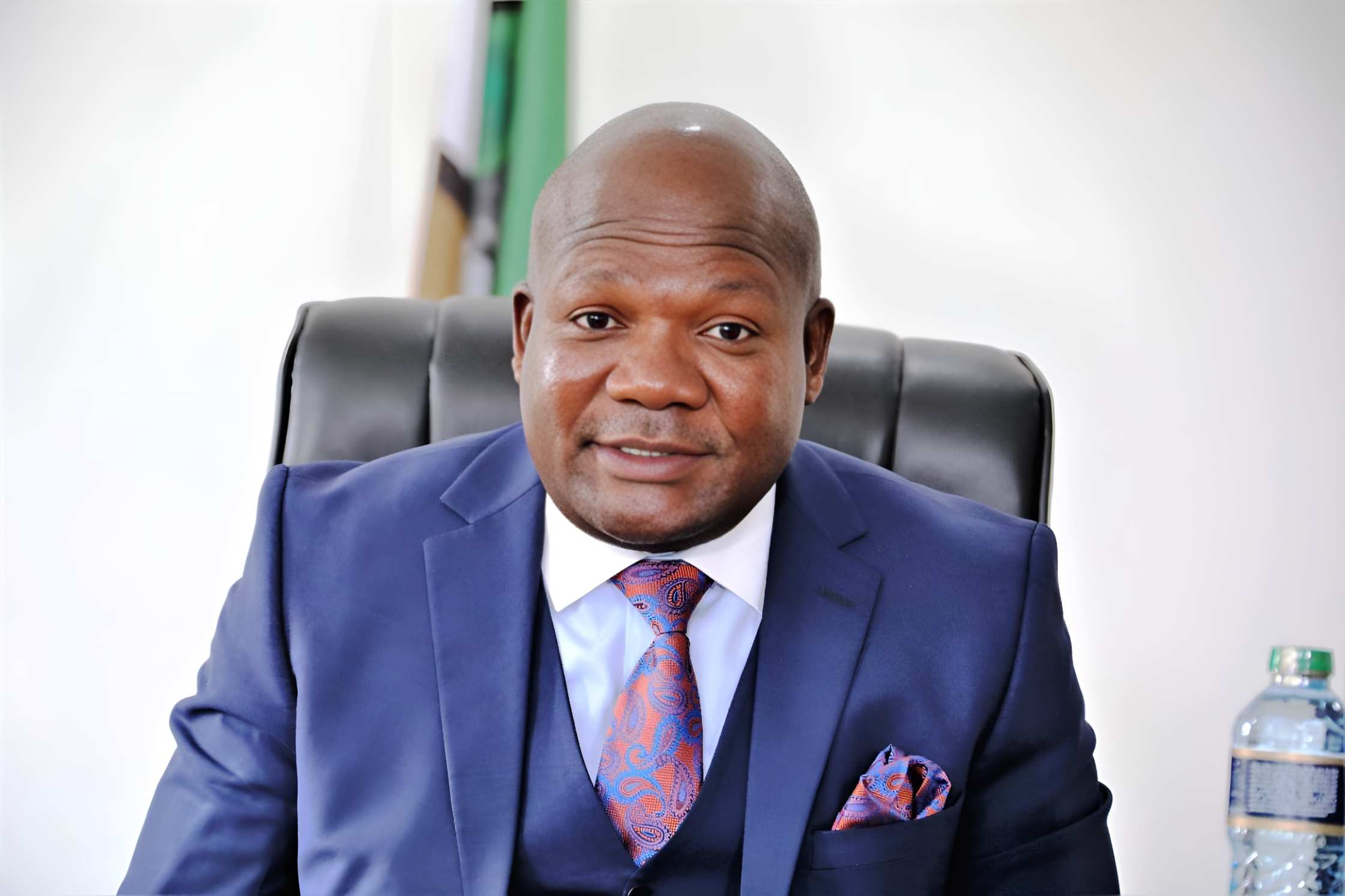A bold step towards climate resilience in western Kenya was unveiled on October 1, when Kakamega Governor Ferdinand Barasa launched the county’s climate-smart action plan.
The initiative aims to tackle drought, flooding, and lightning, while promoting resilient crops, installing lightning arresters in schools, and coordinating strategies across the 14 counties of the Lake Region Economic Bloc (LREB). Governor Barasa stressed that effective climate adaptation requires not only county-level efforts but strong regional collaboration.
Speaking to Citizen TV at Masinde Muliro University in Kakamega, Barasa confirmed that the county has earmarked three percent of its development budget, around Sh300 million, for climate mitigation and adaptation measures.
“From the Kakamega County perspective, we have budgeted 3% of the development budget, around 300 million Kenya shillings. This is counterpart funding to support what we are getting from development partners,” he said.
Barasa highlighted the pressing climate challenges confronting Kakamega, including prolonged droughts, flooding, and frequent lightning strikes, noting that these realities informed the creation of a clear, actionable plan.
“Kakamega County has a very robust climate-smart action plan meant to augment strategies at the grassroots level,” he said, emphasizing the role of smart agricultural value chains.
“We encourage our farmers to have climate-smart agricultural value chains which are crop resistant. For example, planting of millets and arrow roots is now part of the mitigation,” he added.
The governor also addressed interventions to protect schools, particularly in Malava, which have been affected by lightning strikes. “Using the funds we have put in the budget, we have done specific interventions by installing lightning arresters in most schools, especially in Malava,” he noted.
Barasa stressed that climate action must transcend county borders and highlighted the role of the LREB in coordinating a regional approach. “Looking at the bigger picture, which is part of the conference objective, is to see how the Lake Region Economic Bloc counties will have a coordinated approach to mitigate against the negative impact of climate action,” he said.
He also underscored the need to protect shared ecosystems, including the Cherangani, Mount Elgon, and Mau water towers, which are critical natural resources for the region.
The governor urged all counties to allocate resources for climate action, recommending at least two percent of their budgets. He noted that Kakamega’s decision to exceed this threshold demonstrates its commitment to tackling climate threats. “Because of the devastating effects of climate action, it makes a very good business case to budget for the money, because food security is extremely important,” he explained.
Highlighting the importance of grassroots involvement, Barasa said local participation is essential for effective climate adaptation.
“Sensitisation must start from the grassroots in terms of making sure that every ward has climate planning committees, who will come up with specific measures for mitigation, adaptation, and community resilience,” he said.
He revealed that Kakamega’s climate-smart plan will take center stage at the Lake Region Climate Conference, scheduled for October 14 to 16, with President William Ruto expected as chief guest on October 15.
“We are having this conference which will begin on the 14th of October to 16th of October. Naturally, Kakamega becomes our host and the President will be the Chief guest on the 15th,” he stated.
Barasa reiterated that both financial commitment and grassroots participation are vital to combating climate change. He welcomed support from development partners, including the World Bank, emphasizing that climate change mitigation is crucial for sustainable development and food security.
“You cannot just sit pretty, otherwise all the agenda items you have, especially for food security and environment, you may not achieve them. That is why mitigation strategies are an aspect that cannot be ignored,” he said.
